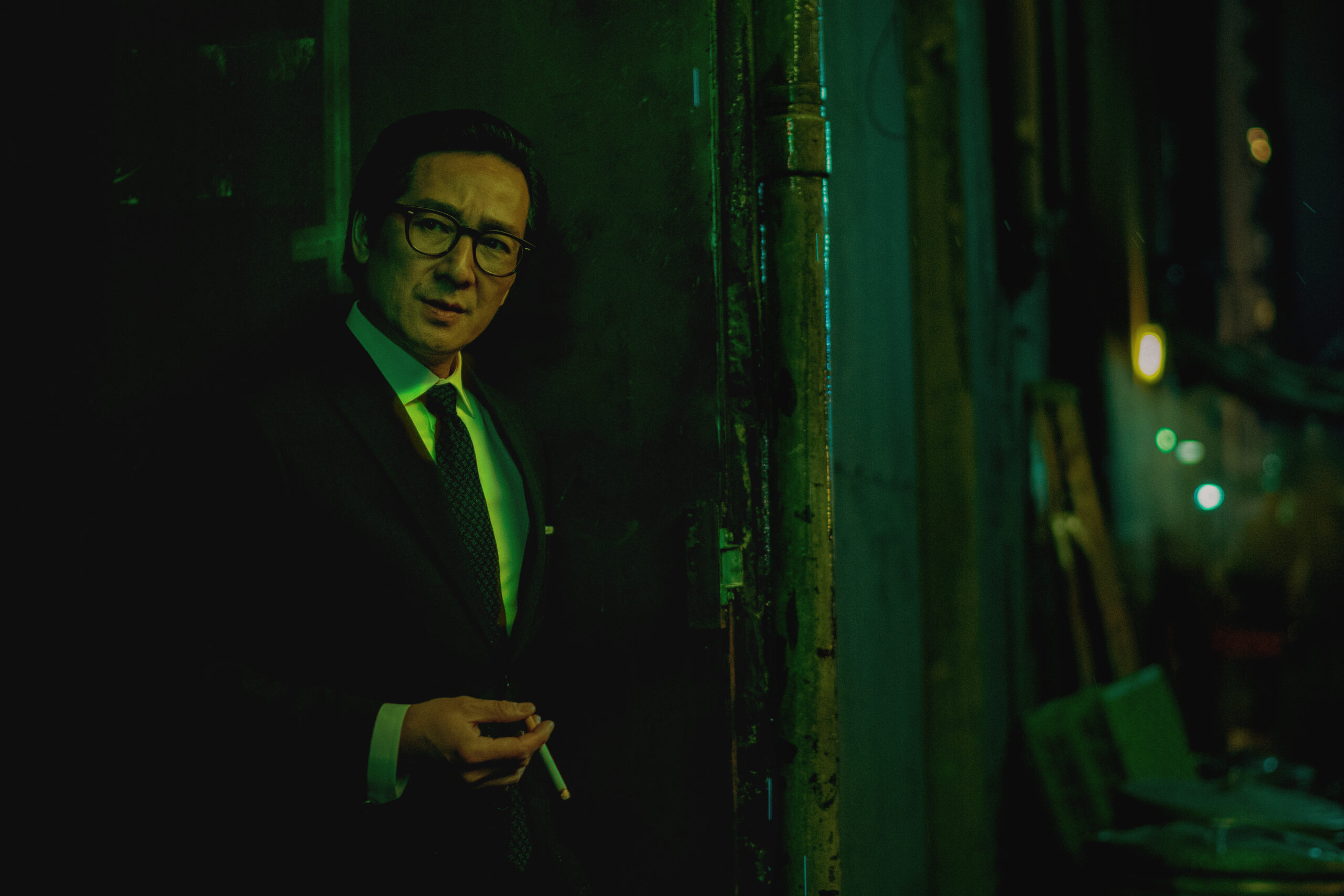The 1980s and early 1990s were rife with extremely racist portrayals of Asian and Asian-American characters. Even as a child confronting completely different stereotypes, I knew that a lot of what I was seeing was inaccurate. Growing up without cable meant I watched a lot of reruns, VHS tapes, and generally older media than what was coming out at the time. That’s how I ended up watching The Goonies and the Indiana Jones franchise over and over again.
Ke Huy Quan’s roles in 1985’s The Goonies and 1984’s Indiana Jones and the Temple of Doom were special because of their much better representation. That doesn’t mean everything was easy. For one, in those films and other early work, he was credited as “Jonathan Ke Quan,” a whitewashed version of his real name.
In The Goonies, Quan portrays Data, whose group of friends might be displaced from their homes because of a new potential golf court. The children decide to look for a treasure so they can use the money to help their parents prevent their homes from foreclosure.

Few films made back then showed mixed-race friend groups where the people of color were treated as equals. In the 1980s, most Asian and Asian-American characters were one-dimensional, often portrayed as outsiders and with their identities made fun of on screen. Then, these films were dubbed into many languages, including Spanish, and sent around the world where they reinforced negative biases.
In Indiana Jones, Quan plays Short Round, a young orphan who becomes the titular character’s sidekick and is instrumental in helping Indiana Jones complete his missions. Later, Quan appeared in 1992’s Encino Man.
And then he disappeared.

Prior to becoming interested in film and television, I didn’t ask myself any questions whenever entertainers I admired stopped working.
Things are different now. Actors and others in the film industry have used social media to talk about the obstacles they face in finding work, particularly when they insist on doing work that doesn’t continue to harm the communities they represent.
It’s no secret that Hollywood still limits opportunities for marginalized filmmakers, actors, and producers. Systemic issues such as the lack of capital or networks can seriously stall or prevent many people from historically underrepresented groups from getting a fair start.
For Quan, the lack of work opportunities prompted him to switch trajectories – for roughly 20 years, Quan didn’t act. Instead, he worked behind the camera choreographing fight scenes and working as an assistant director.

Thankfully Quan returned to acting with this year’s awards and indie sensation, Everything Everywhere All At Once. The film is full of cast members whose careers were limited or stalled thanks to the limited imagination of those who have the power to greenlight stories. Michelle Yeoh, James Hong, and Ke Huy Quan are all finally getting recognition for their work in a film that many around the world have enjoyed because of its genre-breaking storytelling.
Quan’s much-deserved critical acclaim and Academy Award nomination is a story of redemption. But winning this award won’t negate the years of his unnoticed hard work or the lack of opportunities that kept Quan from being able to shine for decades. Yes, he’s been able to reclaim his rightful place as an actor with this one amazing film, but that hardly rights all the wrongs against him, Asian-American creatives, and diverse audiences. I hope he wins the Academy Award, and that creatives and executives find meaningful ways to help underrepresented communities shape and sustain their careers.
Otherwise, we’ll continue to miss out on the amazing talents of people like Ke Huy Quan.

